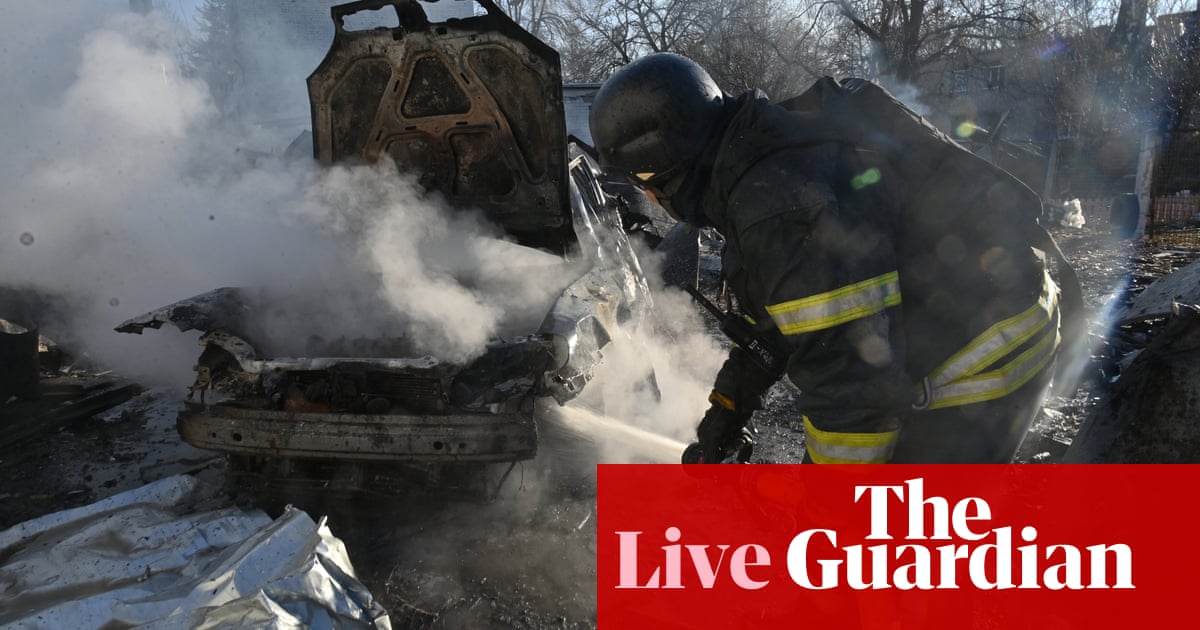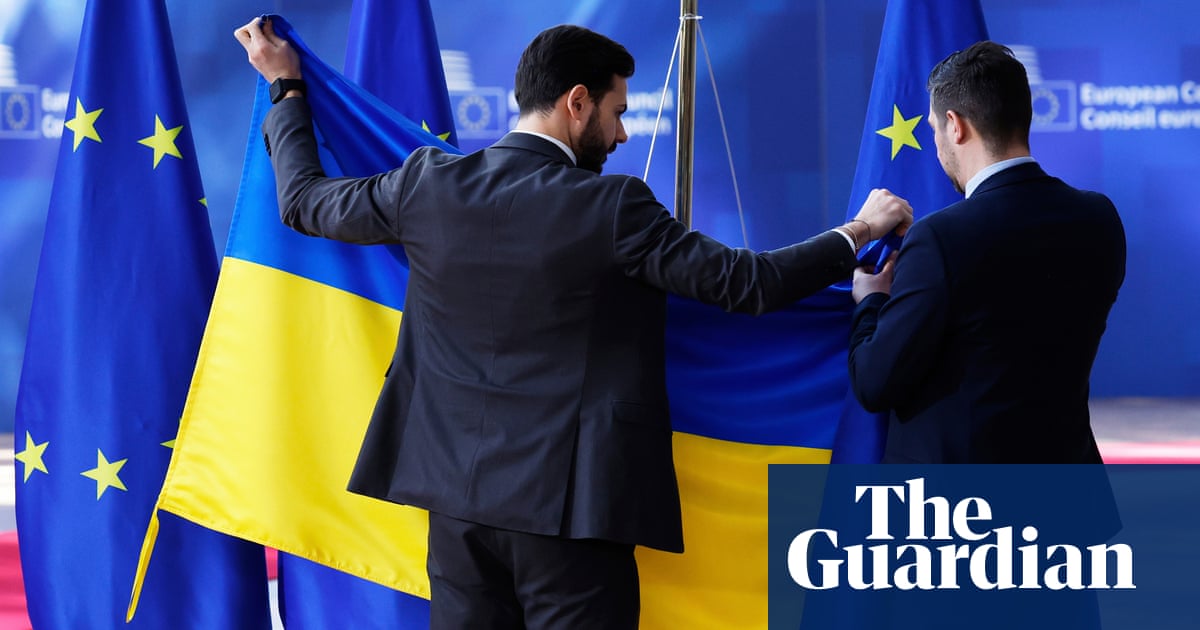NATO discusses reclaiming Chinese-owned infrastructure amid Russia conflict concerns

A decade ago, Europe, recovering from the global financial crisis, saw Chinese investment in infrastructure as a beneficial influx of funds. Today, however, with the most significant land war in Europe since World War II underway and the West raising alarms over Beijing‘s support of Russia’s invasion of Ukraine, NATO allies now perceive these investments as potential liabilities. Discussions are ongoing about ways to reclaim these projects preemptively, the officials revealed.
A US official expressed concern that Beijing might use its European infrastructure to aid Russia if the conflict expands. Therefore, NATO aims to develop strategies well ahead of any possible escalation, according to CNN.
These discussions highlight NATO’s increasing focus on China. The joint declaration from the recent 75th-anniversary summit in Washington by the 32 NATO leaders explicitly criticised Beijing’s support for Moscow, marking a significant shift as such references were absent in the 2023 declaration.
The declaration stated, “The deepening strategic partnership between Russia and the PRC and their mutually reinforcing attempts to undercut and reshape the rules-based international order are a cause for profound concern.”
The infrastructure discussions are still in their early stages, with varying levels of engagement among NATO member countries. According to one NATO diplomat, the US, leading these talks, might need to secure bilateral agreements to gain the necessary support.China has invested tens of billions of dollars in European infrastructure through its Belt & Road Initiative since 2013. These investments include rail lines connecting Eastern Europe to China and ports in the North Sea and the Baltic Sea.A NATO official said that if a war erupted, the infrastructure “would almost certainly be nationalized, or nations would temporarily assume operating control, under emergency security measures. China can sue them in court after the fact.”
US officials see a precedent for such actions in how European nations forced Russia to sell assets following the 2022 invasion of Ukraine. For example, Finland repeatedly blocked business activities at Helsinki Shipyard, a producer of ice-breaking ships formerly owned by a Russian entity, until the company was sold to a Canadian entity in late 2023.
A senior US official mentioned that discussions have expanded to include high-tech sectors such as quantum computing, semiconductors, and telecommunications infrastructure.
US Secretary of State Antony Blinken highlighted that the Ukraine war has made European and Asian nations more aware of their interconnected security concerns. Blinken remarked at a NATO forum, “Maybe this was crystallised by Ukraine, when Prime Minister Kishida of Japan said that what’s happening in Europe today could be happening in East Asia tomorrow. When Russia committed its aggression, its renewed aggression against Ukraine, and Japan stood up, South Korea stood up, Australia, New Zealand, this was a reflection of that recognition that these challenges are linked.”
Despite widespread concern among NATO member states regarding Chinese-owned infrastructure, some officials, particularly from France, argue that the issue should be handled by the European Union, which oversees other economic matters. This tension influenced the declaration’s language, as some countries believe NATO is not the appropriate platform to challenge China. Nonetheless, many member states fear that Beijing could leverage these assets against the alliance and continue to advocate for NATO to address the threat.
In mid-June, speaking in Washington ahead of the summit, outgoing Secretary-General Jens Stoltenberg emphasised that Beijing should face consequences for supporting Russia on the battlefield in Ukraine, CNN reported.
Related
Zelenskyy reiterates call for air truce after huge Russian attack…
We need Russia to stop attacks, Zelenskyy says, backing calls for truce in air, at seaUkrainian president Volodymyr Zelenskyy has responded to overnight attacks
Europe scrambles to rearm as Trump threatens security guarantees and…
CNN — European leaders have vowed to rearm the continent at historic emergency talks h
Russia launches ‘massive’ attack on Ukraine after Europe rushes to…
Ukraine's energy and gas infrastructure came "under massive missile and drone shelling" by Russia on Friday, a Ukrainian minister said."The energy and gas infra
American severance may be averted, but Europe’s leaders must fear…
With a mixture of regret, laced with incredulity, European leaders gathered in Brussels to marshal their forces for a power struggle not with Russia, but with t












